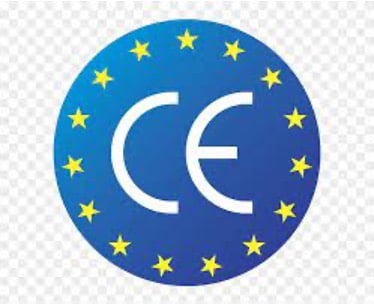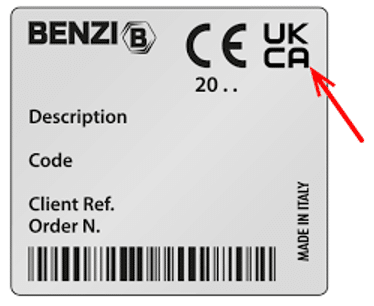Investing in development pharmaceutical companies is one of those high risk rollercoasters that can be terribly exciting – and, if done right, profitable. But to be profitable it’s essential to understand the structure of how the business works. Precisely because it’s a rollercoaster some managements can be a little more aggressive, to be mild about it, over what certain documentary milestones mean. We therefore need to know what does matter and also what doesn’t. We will then be one step up on both other investors and speculators and also on the information certain managements might be tempted to feed us.
As to why this is so important consider the economic structure of what is happening. It takes about a decade from bright idea of something that might work to being able to sell that thing to paying customers. That just is how long the development process takes. Along the way there are a number of failure points. Phase I testing largely looks at whether it poisons healthy volunteers. Phase II at whether it actually works in curing something. Phase III is side effects in a wider and ill population. That’s not exactly accurate but it’s good enough for our point here. A failure at any point means all the work up to then is dead and wasted money.
So, a pharma development house is only funded up to the next failure point. As there’s nothing there, no asset, until the achievement of the licence to sell to patients for money all the funding is risk capital from shareholders. Repeated rights issues in effect. But the amount raised at any one stage, in any one stock issue, is the amount necessary to get from – say – Phase I to Phase II testing done. Why give them more if failure means the project dies? Also, success in Phase II means the company is worth more so there’s less dilution when issuing more stock to pay for Phase III.
The stock price really matters therefore – and there’s always pressure to get that share price up just before the next fund raise. Thus we should be alert for claims and statements which raise the stock price.

At which point, to understand. The Food and Drug Administration matters (and other equivalents for UK, China, EU, Japan etc). Issues like CE Marks, UKCA and patents do not. But pharma development companies stock prices often will jump on announcements about UKCA, CE and patents. Which is the point of the discussion here. They do, they shouldn’t, therefore we as investors need to be careful about this. For when something that shouldn’t happens to a share price then the next thing – in some variable time span – that happens is that it fades away.

A recent example is Axcella Health. They’re developing a long covid treatment. A good and useful thing and if it works no doubt profitable. But the stock jumped 300% (at least) on the announcement that they’d a patent granted on that treatment. It’s since (and this is in mere days) dropped 50% again. The reason is that a patent doesn’t matter. Oh, sure, if you get through Phase III and the FDA authorises then of course you want to have a patent. But patents are usually applied from way back at the start, before Phase I. That is, the patent is the announcement, really, that you’ve something you’re about to start the 10 year development program upon. A patent grant is that you’re about to start work, not a declaration that you’ve something of value.
Or Rhythm Biosciences, which spiked 100% on one day in May – and lost it all the next. Tey announced they’d achieved a UKCA. WooHoo! Which is not, in fact, an authorisation from the UK. It’s a document that you fill out yourself and then send in with a cheque (small one). It’s a necessary step toward marketing, yes, but akin to deciding upon which colour the packaging should be. It’s – absolutely not – the government saying you may now sell, nor is it in any sense a result of testing ot official authorisation.
We can go back further too. There was a series of UK pharma companies – Genedrive, Abingdon Health and so on – which leapt into the covid test development business. Quite right too, the world was facing a pandemic. Genedrive was the first to announce that they’d received a CE Mark. The share price tripled. Because a CE Mark was a necessary stage to being able to sell the test in the European Union. But it’s like the UKCA (in fact, the second is the replacement, post-Brexit, for the first) in that it’s not an approval. It’s just the doc necessary to be allowed to go to market. And self-applied for too.

Now, the FDA approval, that’s vital. OK, or the equivalent from other regulatory authorities. You’re not allowed to sell something medical without that. So the granting of that can – often does – triple and more a share price. Cassava Sciences was up 1,000% on theirs for a time. But that’s why it’s so important to understand which of these things are, err, important and which are not.
The FDA matters, UKCA, CE and patents do not. But then that’s why development pharma companies tell us about those last three, in the hope that some will think they’re like the first, they then get a stock price pop and, well, maybe they can then issue more stock to gain funding?
This isn’t a perfect enough guide for us to be able to always sell short into such bubbles. But it’s a darn good indication that we should think seriously about it. For someone waving a document that doesn;t mean very much will lead to a short, not long term, share price change.